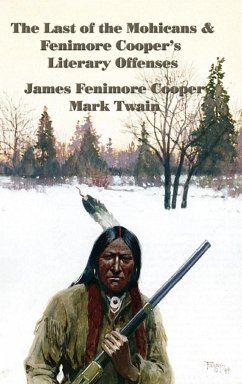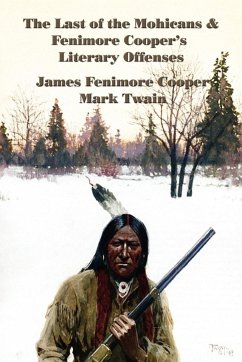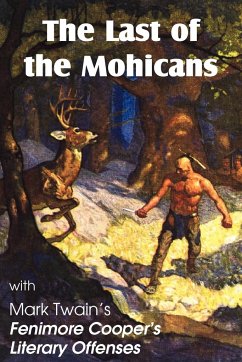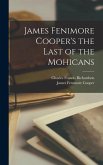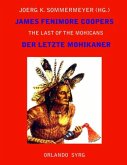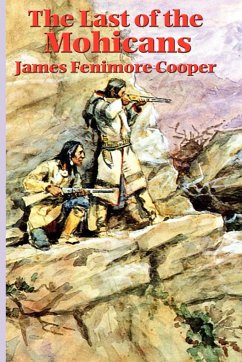The Last of the Mohicans is an epic novel by James Fenimore Cooper, first published in January 1826. It was one of the most popular English-language novels of its time, and helped establish Cooper as one of the first world-famous American writers. The story takes place in 1757 during the French and Indian War, when France and Great Britain battled for control of the American and Canadian colonies.
Hinweis: Dieser Artikel kann nur an eine deutsche Lieferadresse ausgeliefert werden.
Hinweis: Dieser Artikel kann nur an eine deutsche Lieferadresse ausgeliefert werden.

